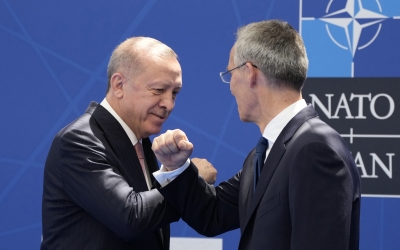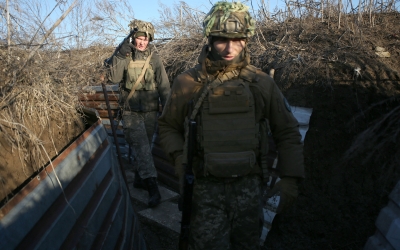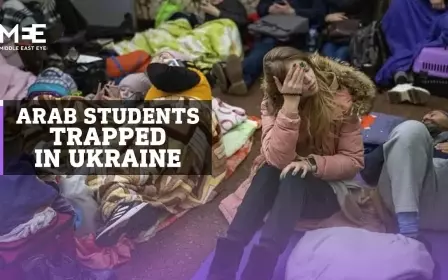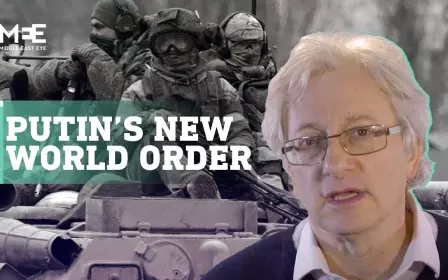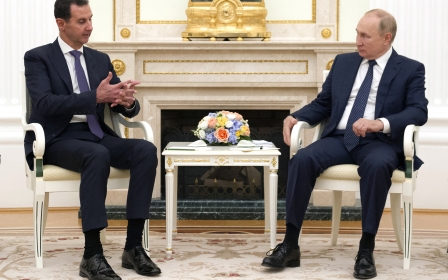Russia-Ukraine war: Turkey wants to be a mediator, says ambassador to US
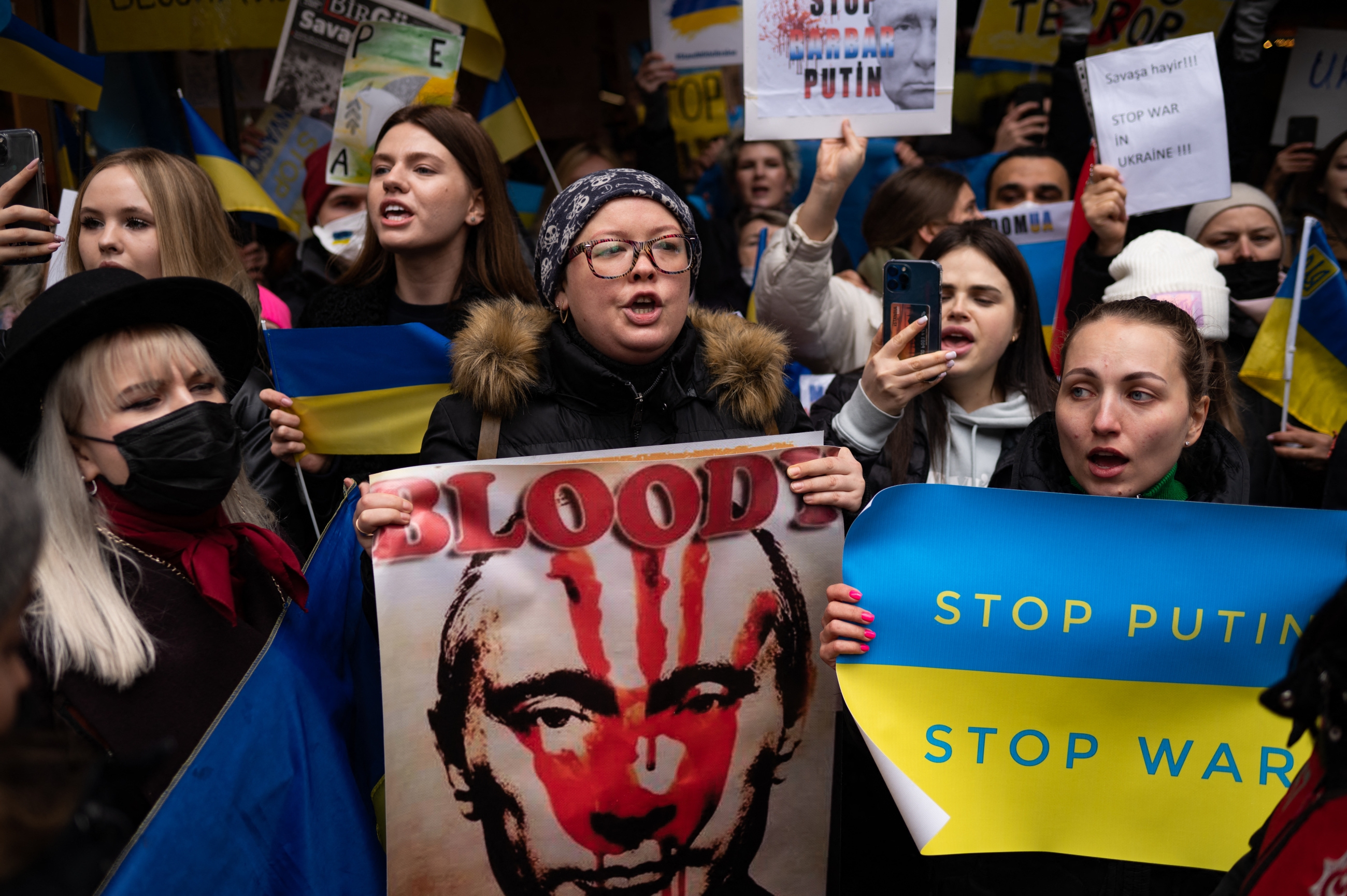
Turkey's ambassador to the United States warned on Friday that "Afghanistan like scenarios and pictures" could emerge in the middle of Europe, as heavy fighting between Russian and Ukrainian forces dragged on for a second day.
"Russia's recent decision to launch a full-scale invasion of Ukraine is unacceptable," Ambassador Murat Mercan said at an event hosted by the Wilson Center in Washington DC.
Mercan said Ankara viewed both Ukraine and Russia as "friendly countries," and reiterated President Recep Tayyip Erdogan's earlier offers to mediate between the two, though he said that outreach had not been "reciprocated".
"In terms of Turkey's role in Ukraine, in this conflict, we want to be a mediator," Mercan said. "We want to contribute to peacemaking."
While Turkey has vocally backed Ukrainian sovereignty, the use of the term "full-scale invasion" would mark an even stronger rebuttal of Russia's invasion, as Ankara had previously avoided such outright phrasing, instead referring to Moscow's attack as "a step".
On Friday, Erdogan criticised the reaction from Nato and western countries to Russia's assault on Ukraine as not decisive. He said he hoped a meeting today would lead to more concrete actions from the alliance.
Turkey has had a frosty relationship with Nato and the US in recent years, following its purchase of the Russian S-400 missile system.
Turkey was ejected from the US's flagship F-35 fighter jet programme and had sanctions imposed on its defence industry by Washington.
Mercan said that Turkey was Nato's "strongest partner" along its southern flank and had been consistent in its support for Ukraine, but that his country had met "some resistance from the US" in its desire to increase its defence capabilities.
"Turkey's readiness to extreme conditions has to be supported by the Nato members and the United States," he said.
'Sanctions being discussed'
While Ankara has sought to burnish its credentials by providing Ukraine with armed drones, it has been less conclusive on whether it would follow western states by imposing sanctions on Russia.
In the past two days, the US and its allies have rolled out measures targeting Russia’s banking system and the Kremlin elite. The US has also banned exports of technologies such as semiconductors, computers, and telecommunications devices to Russia.
Mercan said that Turkey's position on sanctions "is being discussed," and he alluded to Ankara's economic concerns. "There is no nice world where you sanction somebody and you don't get affected."
Any move to sanction Moscow would come as Turkey's economy struggles with a severe currency crisis that has seen inflation hit roughly 50 percent.
Its tourism industry, which is a key source of hard currency, is heavily dependent on Russian visitors, who numbered seven million in 2019, the largest number from any country. Russia also supplies Turkey with more than a third of its natural gas and more than half of its grain imports.
The ties between the two countries extend to geopolitics as well. While Turkey and Russia are on opposing sides in conflicts in Syria and Libya, they have formed an uneasy partnership to manage those differences.
Some fear that Russia could respond to any punitive steps taken by Turkey by ramping up pressure in northern Syria where millions of refugees are gathered at its border and Ankara has stationed its troops.
Turkey also has an agreement in place with Moscow on a ceasefire and joint patrols in Nagorno-Karabakh, a break-away region in the Caucasus it helped Azerbaijan wrest control over from Armenia in 2020.
Asked whether differences over Ukraine have affected Turkey's relationship with Moscow in other flashpoints, he replied: "So far not."
Mercan said that the normalisation of relations with Armenia, a close Russian ally and Turkish foe in the 2020 Nagorno-Karabakh conflict, was also proceeding.
He said it could be a "golden opportunity" to reduce tensions, enhance economic benefits, and contribute to peace in the region.
Middle East Eye delivers independent and unrivalled coverage and analysis of the Middle East, North Africa and beyond. To learn more about republishing this content and the associated fees, please fill out this form. More about MEE can be found here.


